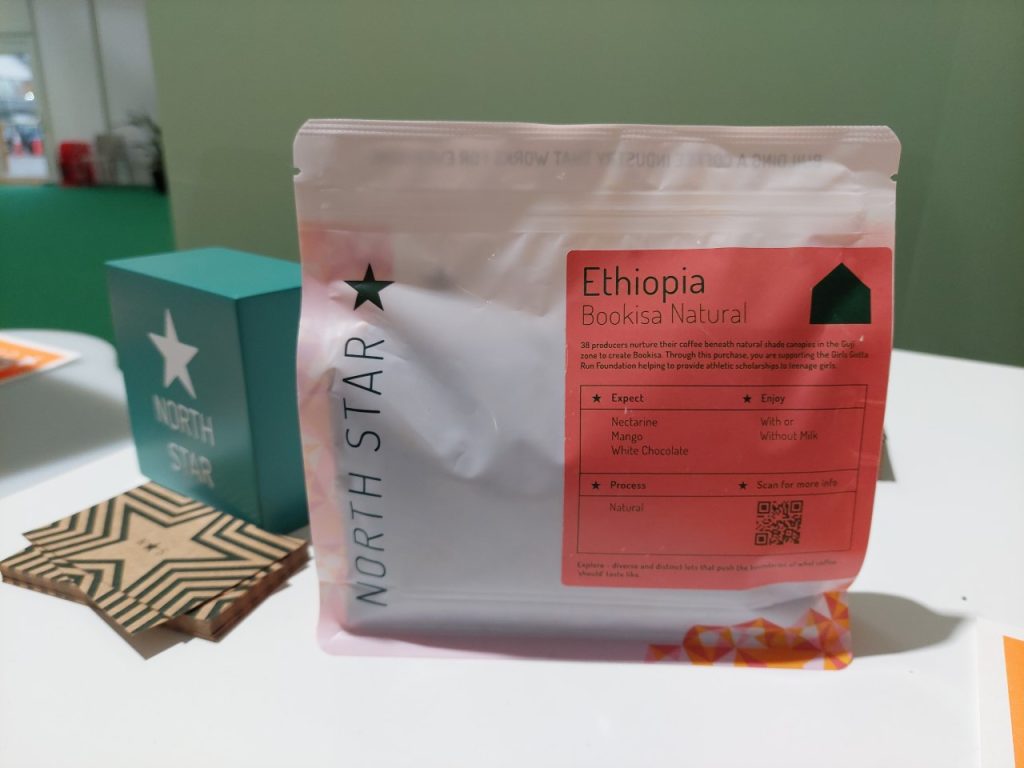ESG: a marathon not a sprint by John Dowdall
By Sarah Shannon
It felt like we finished 2021 with a few intense weeks of discussion around what could be done do maintain the target of 1.5 degrees at COP26 and then we fell into the world of Covid again and what it would mean for Christmas. It was really a jump from COP to Omicron . The big question is, was COP26 just 15 minutes of fame for ESG or should we expect more focus in 2022 and beyond.
The news since COP26 has been driven by Covid numbers and Covid drinks parties. This somewhat masks what is going on behind the scenes when it comes to environmental targets where governments are implementing measures with a view to 2030 initially and more broadly 2050. The social side of things may not have diarised targets, but is still front and centre in minds in particular with migration (somewhat climate driven) in the UK & EU, but also gender safety aspects in particular in Ireland the incredibly sad news about 23 year old Ashling Murphy who was ‘just going for a run’.
Governance and regulation will be what drives much of our focus as an industry in the coming decade, but lets leave that for next time and try some crystal ball gazing of what to expect.
Post COP26, we can review the outcome and assert that 1.5 is still alive. But what does this mean for companies? 2050 is 28 years away. I’ve never seen a business plan for a 30 year horizon, so is it really possible to do so? Maybe not, it may be better to look at this as 7 Olympics, 7 world cups or 14 Ryder cups, whichever takes your fancy. The focus on the model athletes use to train for such events is something industry can use to develop more near term targets and more achievable goals.
And we can see this happening in the markets as has been reported about State Street Global Advisors “One of the key expectations set by SSGA is a requirement for disclosure from companies aligned with TCFD recommendations, including reporting on board oversight on climate-related risks and opportunities, Scope 1 and 2 greenhouse gas (GHG) emissions, and targets for emissions reduction”.
Expect to see more of this going forward as others line up similar programmes. Expect more questions on ESG to hit your desks from not just clients, but also employees or potential employees. Expect your firm to be, if not rated, at least judged on your actions.
Time to start training your firm for the first of those 7 Olympics!
John Dowdall, CRO Pulse Market
For more info about our ESG passport contact John Dowdall today or get all the details at ESG Passport



